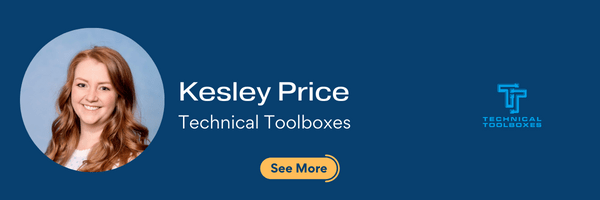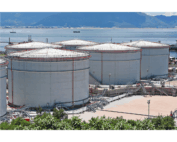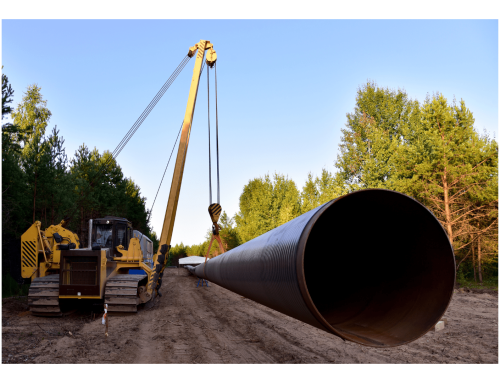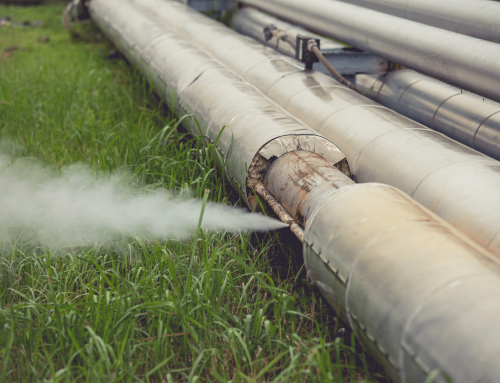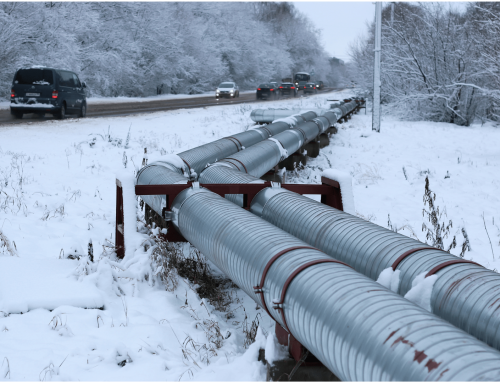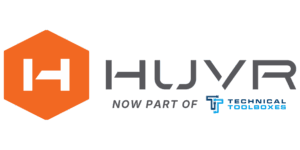Surviving the Retirement “Brain Drain” in Oil & Gas: The Role of Training and Development
By Kesley Price
Introduction
As the oil and gas industry faces a wave of retirements among seasoned professionals, preserving institutional knowledge has become a critical challenge. The experience and insights of these experts are invaluable and losing them without a robust knowledge transfer strategy can disrupt operations and erode the intellectual capital of organizations. This blog explores the importance of preserving institutional knowledge and how the Technical Toolboxes’ Training HUB Premium Pass can facilitate this process.
The Importance of Institutional Knowledge in the Oil and Gas Industry
Institutional knowledge encompasses the skills, experiences, and insights that employees accumulate over their careers. In the oil and gas industry, this knowledge is often highly specialized and critical for maintaining safe, efficient, and compliant operations. As experienced professionals retire, there is a risk that their knowledge will be lost if not adequately captured and transferred to the next generation of workers.
Challenges in Knowledge Transfer
Several challenges make knowledge transfer a complex task in the oil and gas industry:
- Specialized Expertise: The highly technical nature of many roles means that new employees may require extensive training to reach the proficiency levels of their predecessors.
- Diverse Knowledge Areas: Oil and gas industry knowledge spans various areas, including safety procedures, regulatory compliance, engineering practices, and operational techniques.
- Implicit Knowledge: Much of the critical training and development is implicit, meaning it is gained through experience and not easily documented.
Strategies for Capturing and Retaining Knowledge
To address these challenges, organizations must implement comprehensive strategies for capturing and retaining institutional knowledge. Our latest whitepaper, Talent Pipeline Stripped, details several effective approaches:
- Structured Mentorship Programs: Pairing experienced professionals with younger employees can facilitate the transfer of implicit knowledge in the oil and gas industry.
- Detailed Documentation: Creating detailed manuals, standard operating procedures (SOPs), and technical documents helps capture explicit knowledge.
- Knowledge Management Systems: Implementing robust knowledge management systems ensures that information is stored, organized, and easily accessible.
The Role of the Technical Toolboxes’ Training HUB Premium Pass

The Training HUB Premium Pass plays a vital role in facilitating knowledge transfer and ensuring continuity in operations with training and development. Here’s how it helps:
- Comprehensive Training Modules: The Training HUB offers a wide range of courses and training modules covering essential topics in the oil and gas industry. These modules are designed to provide in-depth knowledge and practical skills to new employees.
- Expert-Led Webinars and Workshops: Engage with industry experts through webinars and workshops, providing opportunities for interactive learning and direct knowledge transfer.
- Resource Repository: Access a vast repository of resources, including whitepapers, case studies, and technical papers that capture and document best practices and expert insights.
Ensuring Continuity in Operations with Training and Development
By leveraging the Technical Toolboxes’ Training HUB Premium Pass, organizations can ensure that critical oil and gas industry knowledge is preserved and passed on to the next generation of workers. This not only maintains operational continuity but also enhances the overall competency and preparedness of the workforce.
Conclusion
The impending retirement of seasoned professionals in the oil and gas industry underscores the importance of preserving institutional knowledge. By implementing robust knowledge transfer strategies and leveraging comprehensive training solutions like the Training HUB Premium Pass, organizations can safeguard their intellectual capital and ensure a seamless transition of expertise.
For more detailed strategies on capturing and retaining critical insights, refer to our latest whitepaper, Talent Pipeline Stripped.
Suggested Post
The Network Modeling Tool Gas Engineers Didn’t Know They Needed
The Network Modeling Tool Gas Engineers Didn’t Know They Needed By Kesley Price You’ve outgrown your spreadsheets, now [...]
The Trusted Tool Gas Engineers Didn’t Know They Were Missing
Do You Really Know What’s Flowing Through Your Pipes? The Trusted Tool Gas Engineers [...]
2026 API Compliance: What You Need to Know
2026 API Compliance: What You Need to Know By Kesley Price New rules. Tougher [...]


